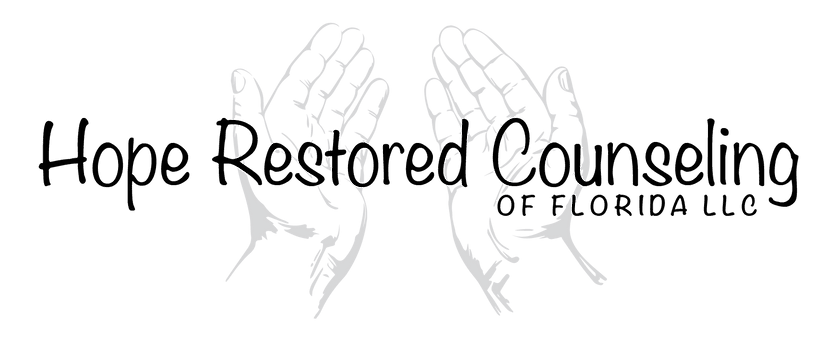What is Disordered Eating?
Disordered eating is a term used for unhealthy eating behaviors and worries about body image. It’s quite common. Some of the most common types of disordered eating issues include dieting and restrictive eating. Others include self-induced vomiting, binge eating, and laxative abuse.
Eating Disorders
Eating disorders are extreme cases of disordered eating. Anorexia nervosa and Bulimia nervosa are examples of eating disorders. People are diagnosed with an eating disorder only if they meet specific criteria related to body weight and eating behavior.
Many people experience disordered eating at some point in life. It is important to recognize the signs of disordered eating and get help BEFORE the problem gets worse. That way you may prevent an eating disorder from developing. The treatment of disordered eating and eating disorders works best when it is started early in the illness.

Signs that you should get help include:
- Constantly trying different diets to lose weight
- Obsessing about food and weight
- Fasting, skipping meals or eating very little
- Exercising too much or too often
- Trying to compensate for food you have eaten by vomiting, taking laxatives, or other medications to affect your weight or shape
- Eating large amounts of food after dinner or in the middle of the night
- Eating to comfort yourself, even when not hungry
- Feeling out of control when eating
- Feeling guilty about eating
Binge Eating Disorder
Binge-eating disorder (BED) affects how you eat and how you feel. People eat a large amount of food in a short time. They say they feel “out of control” during a binge. They also may eat alone or eat very quickly or when they are not hungry. BED is different from bulimia nervosa because people who binge do not purge or try to get rid of the calories they have just eaten. Sometimes binge eating is called compulsive eating. People with BED binge regularly, at least once per week. They also experience distress about their binge eating.
People with BED may binge eat when they are feeling bad about themselves. They may eat when they feel lonely, bored, anxious, or depressed. They may eat when they are having personal problems or problems with others. During a binge, the person cannot control how much they eat. They may feel comforted for a short while, but after eating, they often feel upset, out of control, guilty, or unattractive.
Signs that you should get help include:
- Mood swings, depression, anxiety
- Irritability
- High blood pressure or cholesterol
- Weight gain
- Joint pain

